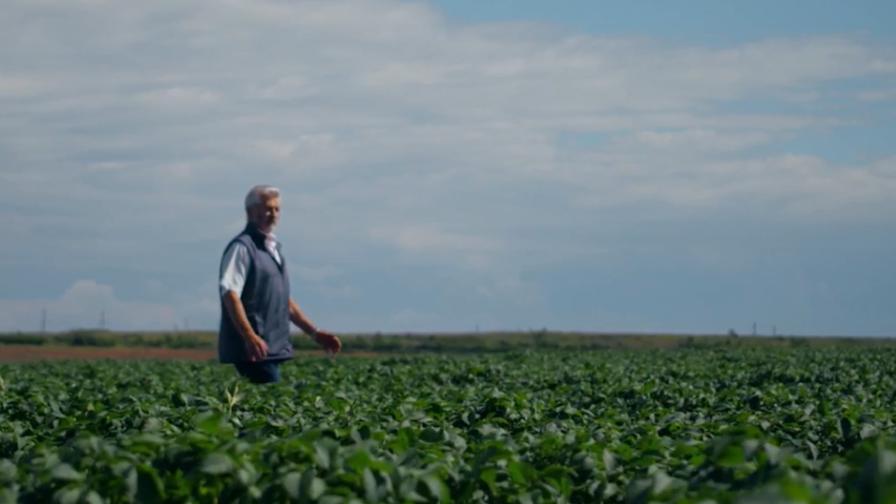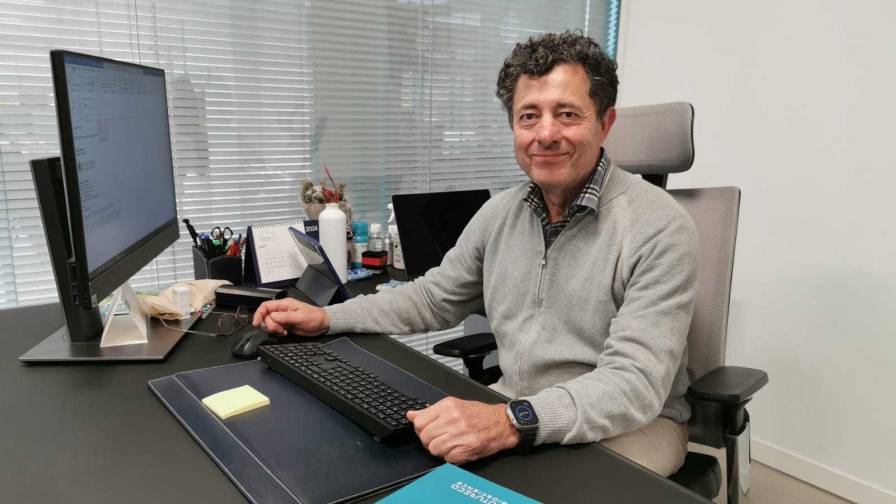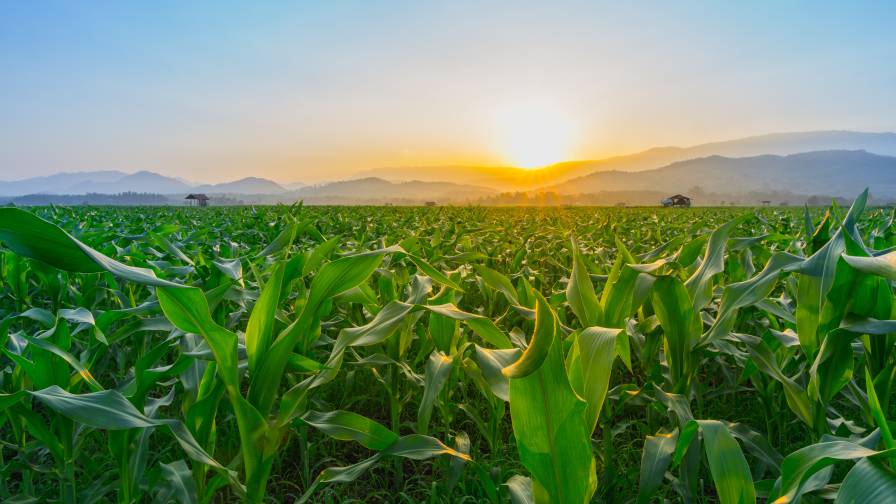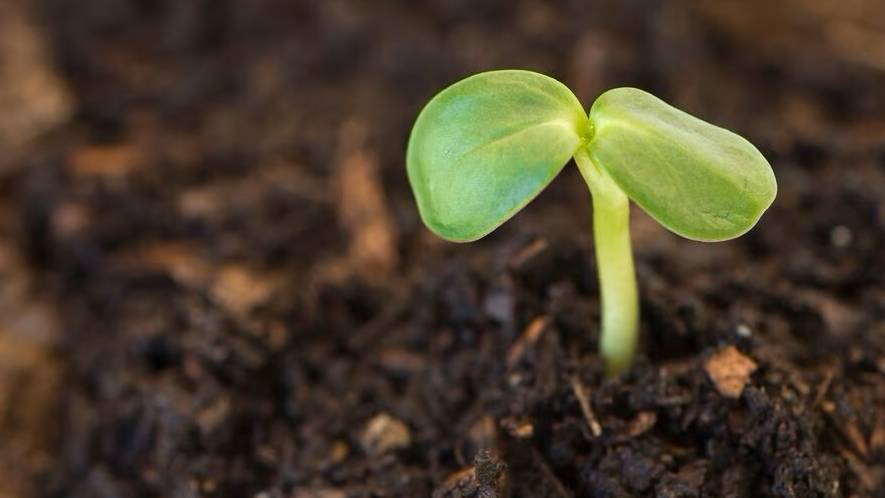Monsanto Acquires WestBred Wheat Business
St. Louis, Missouri, US-based Monsanto Company announced in a press release that it is expanding its seeds and traits portfolio to include wheat, having acquired the assets of WestBred, LLC, a Butte, Montana-based company that specializes in wheat germplasm, the crop’s seed genetic material. The investment will bolster the future growth of Monsanto’s seeds and traits platform and allow farmers to benefit from the company’s experience in drought-, disease- and pest-tolerance innovations.
WestBred, owned indirectly by Barkley Seed, Inc., is a premier private US wheat germplasm company, with germplasm assets in all classes of wheat. The company’s existing breeding capabilities and commercial operations will become the centerpiece of Monsanto’s wheat platform. In addition, Monsanto will seek public and private partnerships that can help deliver wheat technology improvements.
“The US wheat industry has come together to call for new technology investment, and we believe we have game-changing technologies – like our drought-tolerance and improved-yield traits – that can meaningfully address major challenges wheat growers face every season,” said Carl Casale, executive vice president of global strategy and operations for Monsanto. “Through WestBred, we’ll be able to deliver advances in breeding and biotechnology to deliver a step-change in yield while creating a springboard for new partnerships and collaboration opportunities that create additional value for farmers.”
“As WestBred looked at the wheat industry, we saw a need for technology infusion to be competitive with other crops farmers are growing,” said Ron Ueland, president of WestBred. “We believe that linking up with a company like Monsanto with a proven track record as an innovator is the best route to accelerate the development of new technologies.”
Because the US $45 million acquisition represents a long-term investment in research and development and breeding, Monsanto does not expect the acquisition to be accretive to earnings until the middle to latter part of the next decade.






